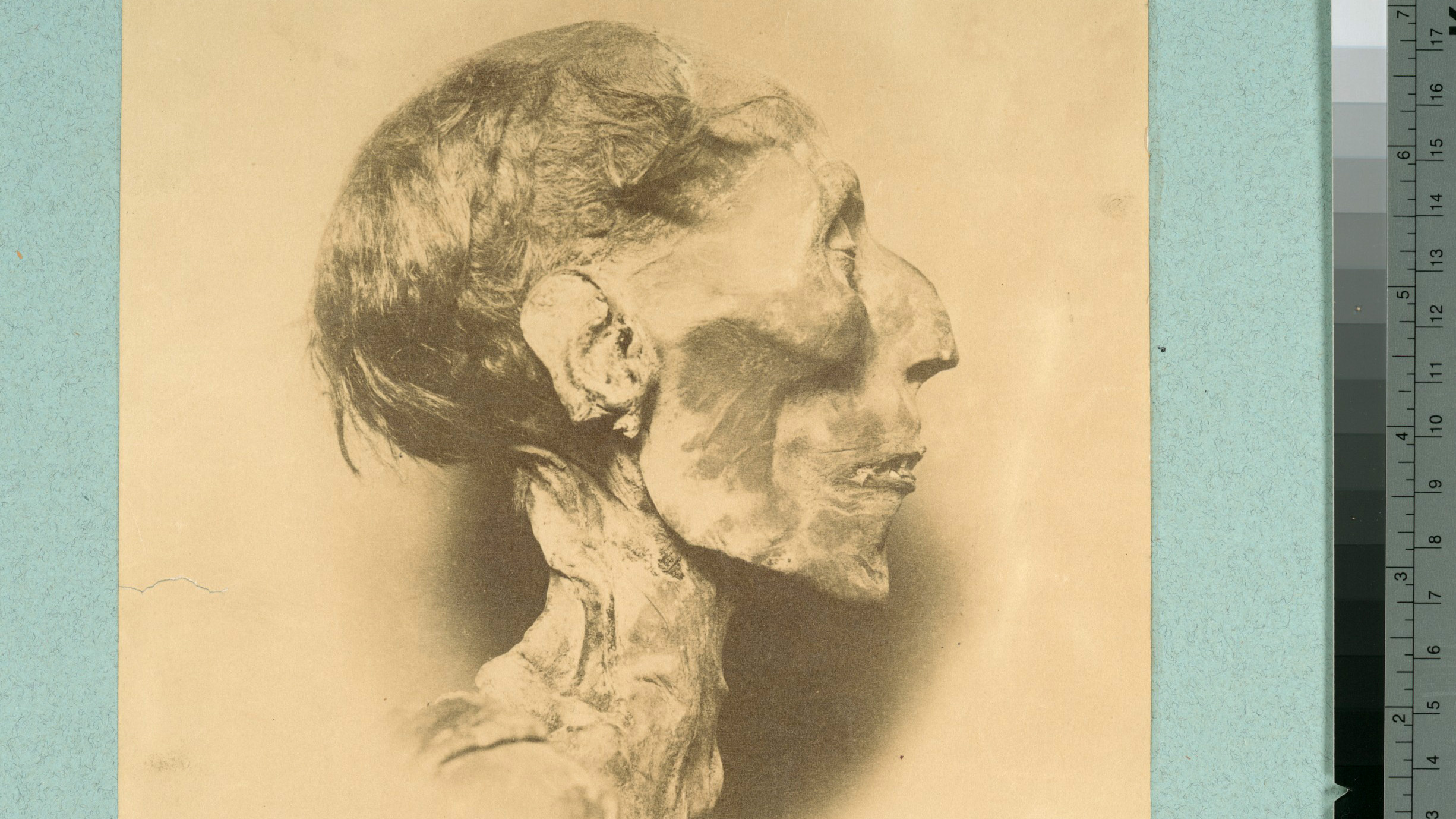In the house, the healer
coats their bald heads with
red mud, cements the demon back
to the upside down world,
friend-zoning the inmates again.
That stain from the bruised shadow is
said to come after
the three days of darkness, the days of
the coming of the Prince of Heaven; to
judge the living and the dead.
We will dig a hole in the ground,
a hole as gluttonous as the great wall,
for our house,
our goatsheds and the duck roosts, the
lamb, the ducklings, the kids,
our gods and our priests, those
that the gods did not fatten their corpses, especially,
all that have no shadows.
Awuru’s house shall stand;
he will farm away the stain, frenzied
from the wood nails he grew on his stepson’s head, and
the worms he has farmed from it for his day old chicks, and
they have fed, on and on, and
the roosters have grown several
conjoined combs and wattles.
Born in an open city,
butts as marshlands, Akwah sought
the same canal of his birth, bruised the
wall with fried fluids.
Okotombo sculpts stones, eating
the gods’ snakes in the feast of the sun.
We will dig in deeper and deeper, for
the Prince has little patience for hidden hearts.
There is a man child conceived to
break the ribbons, spread flower laurels
and multicolor shreds, by
the name conferred on him.
Let a cloud dwell upon the stain.
Those broken plates in Aleppo we
will hide under our beds, and use the
rest to make tattoos on our foreheads, as tribal people do;
make masks and Ikenga to scare away death.
I will build spiders with talons round
my mother’s hips: they will watch over
the night till the time’s end.
I head for hell at once, possessed by
the speech of sand;
the way, just before the house that
life occupies, a little away from death,
are shadows, made of several shades, often
falling and rising in the harmattan winds,
sometimes drunk on hard water.
I walk to the drunken wind to ferry me,
for my ink is filled with blood now and again, smelling of
ancient balms, flowing through the river,
filling itself again and again, eroding
waterwalls: memorialized in lethal bees,
drywalls and headless semen.
And the world will go on.
Man of Unamuno’s Solon,
why weep when it avails nothing?
and that is precisely the truth of it all
the way we will continue to be grown and fertilized,
and to grow more and more, in the faith.
I have no debt to the worms except
wads of silk;
the cotton trees and the cotton rot are one,
Lear owes the cats many jars of perfumes, not me.
I owe the cats many long nights of wine.
The silkwads need not fill the grave, the sand always can.
And you mix the world at least, for the greatest beauty.
